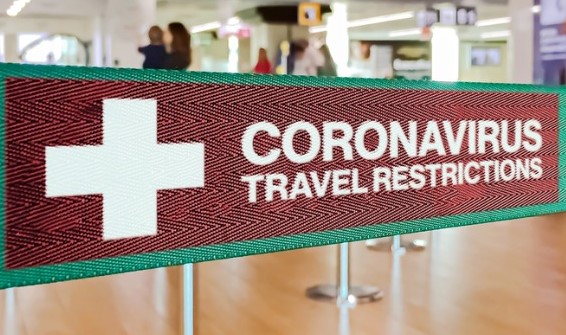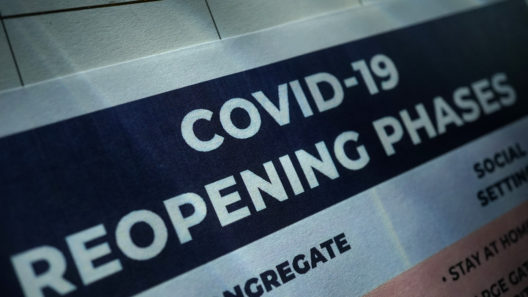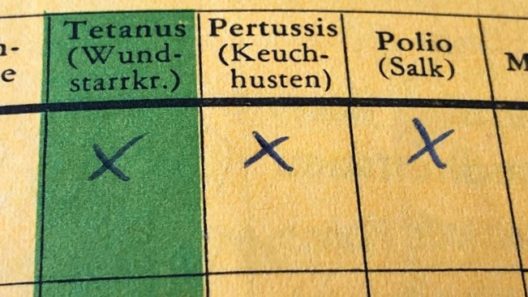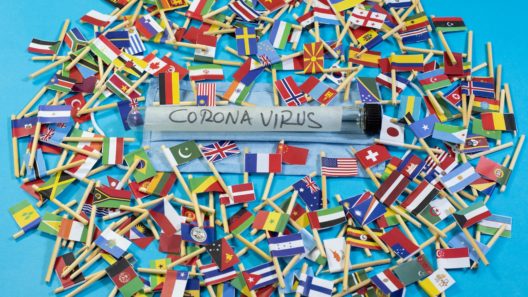The ethical implications of vaccine passports and COVID-19 status apps
The third in a series of public evidence events on vaccine passports and COVID status apps.

In the third of our public evidence events on vaccine passports and COVID status apps, we explore the ethical questions surrounding them, from the acceptability of discrimination on the basis of immunity status to the question of whether governments can continue to restrict the liberties of those who may no longer pose a risk to others.
Watch the event in full below:
This video is embedded with YouTube’s ‘privacy-enhanced mode’ enabled although it is still possible that if you play this video it may add cookies. Read our Privacy policy and Digital best practice for more on how we use digital tools and data.
Chair
-
Andrew Strait
Associate Director (Emerging technology & industry practice)
Speakers
-
Alberto Giubilini
Senior Research Fellow, Oxford Martin Programme on Collective Responsibility for Infectious Disease, University of Oxford -
Alena Buyx
Professor of Ethics of Medicine and Health Technologies at the Technical University of Munich, and Chair of the German Ethics Council -
Voo Teck Chuan
Assistant Professor at the NUS Centre for Biomedical Ethics, National University of Singapore
The COVID-19 crisis triggered sweeping restrictions on civil liberties across society. Many countries have faced multiple waves of infection and subsequently multiple lockdowns. As effective vaccines begin to rollout across the globe, though in many cases slowly and unequally, there is hope that many countries will be able to reach herd immunity without letting the virus rip through their populations.
But with months, if not years, until that threshold is reached, many governments and private companies are developing vaccine passports and wider forms of COVID status apps. These could grant some exemptions from restrictions and greater mobility within society, help speed up exits from lockdown, allow travel to resume between and within countries, and help to more quickly restore individual freedoms.
However, these risk creating a two-tiered society between those who have been vaccinated and those who have not yet, will not, or cannot be vaccinated. This itself may be unacceptable discrimination against religious minorities and the clinically vulnerable. It may also risk a breakdown in social solidarity and indirectly perpetuate existing inequalities with lower vaccine take-up in historically marginalised groups.
How to balance these risks against the individual and collective benefits of greater freedoms is a key question that must be answered before a vaccine passport scheme can be implemented.
The panel will consider:
- What are the ethical trade-offs involved in discriminating on the basis of vaccination status to grant differential freedoms?
- Will such a system perpetuate existing inequalities, biases and discrimination?
- What the crucial values or empirical evidence upon which ethical determinations turn?
We are using Zoom for virtual events open to more than 40 attendees. Although there are issues with Zoom’s privacy controls, when reviewing available solutions we found that there isn’t a perfect product and we have chosen Zoom for its usability and accessibility. Find out more here.
Image credit: rarrarorro
Related content

The epidemiological and economic impact of vaccine passports and COVID status apps
The second in a series of public evidence events on vaccine passports and COVID status apps.

The history and uses of vaccine passports and COVID status apps
The first in a series of public evidence events on vaccine passports and COVID status apps.

Vaccine passports and COVID-19 status apps: launching an evidence review and expert deliberation
An evidence review and expert deliberation chaired by Professor Sir Jonathan Montgomery

International monitor: vaccine passports and COVID-19 status apps
A tracker collating developments in policy and practices around vaccine certification and COVID-19 status apps as they emerge around the world.